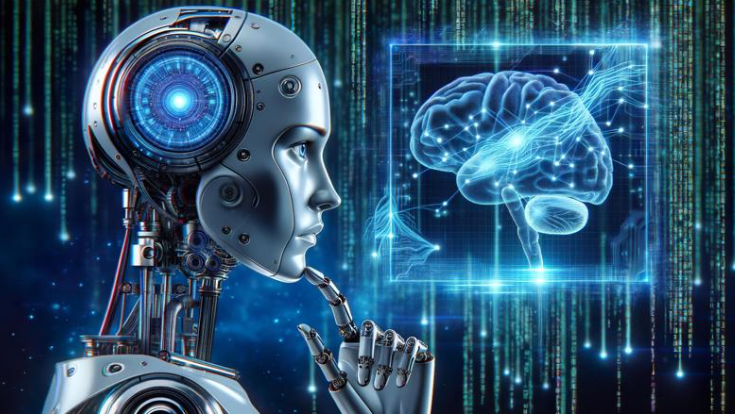According to the Work Trend Index 2025 report released recently by Microsoft Vietnam, many business leaders in Vietnam are embracing artificial intelligence (AI) with great enthusiasm in their business activities.
Accordingly, 95 per cent of business leaders in the country expect to leverage digital labor to augment their workforce within the next 12 to 18 months, significantly higher than the global average of 82 per cent.
In addition, 91 per cent of Vietnamese business leaders view this year as a pivotal moment to re-evaluate their strategies and operational models (while the global average is 78 per cent). They are also considering to add AI-specific roles in training and workforce managment.
The report also highlights a major shift in organizational structure, as AI continues to democratize expertise, and businesses are expected to move away from rigid, traditional organizational charts toward more dynamic “work charts” - models that focus on outcomes rather than hierarchy. These flexible structures allow businesses to adapt swiftly, combining human and AI agents to complete tasks efficiently.
Notably, 65 per cent of business leaders in Vietnam also say their companies are already using AI agents to fully automate certain workflows or business processes, with customer service, marketing, and product development being the top areas of investment. This is markedly higher than the global average of 46 per cent.
“We are living in an era where every organization, large or small, has the opportunity to leap forward through the power of technology. AI is unlocking access to knowledge that was once exclusive to large corporations, enabling individuals and businesses of all sizes to achieve extraordinary success, unconstrained by workforce size or technical expertise, ” Ms. Nguyen Quynh Tram, Country General Manager of Microsoft Vietnam, remarked.
The survey results from the report suggested that early adoption of AI agents in Asia-Pacific markets like Vietnam will create a distinct competitive advantage in the decade ahead.
Along with that, the report also noted that just as the internet era brought about millions of new knowledge-based jobs, from social media managers to designers, the AI era is now creating entirely new roles. Preparing for the future is no longer optional. Employees must build AI-related skills, and businesses must support them with the right tools and training programs.









 Google translate
Google translate